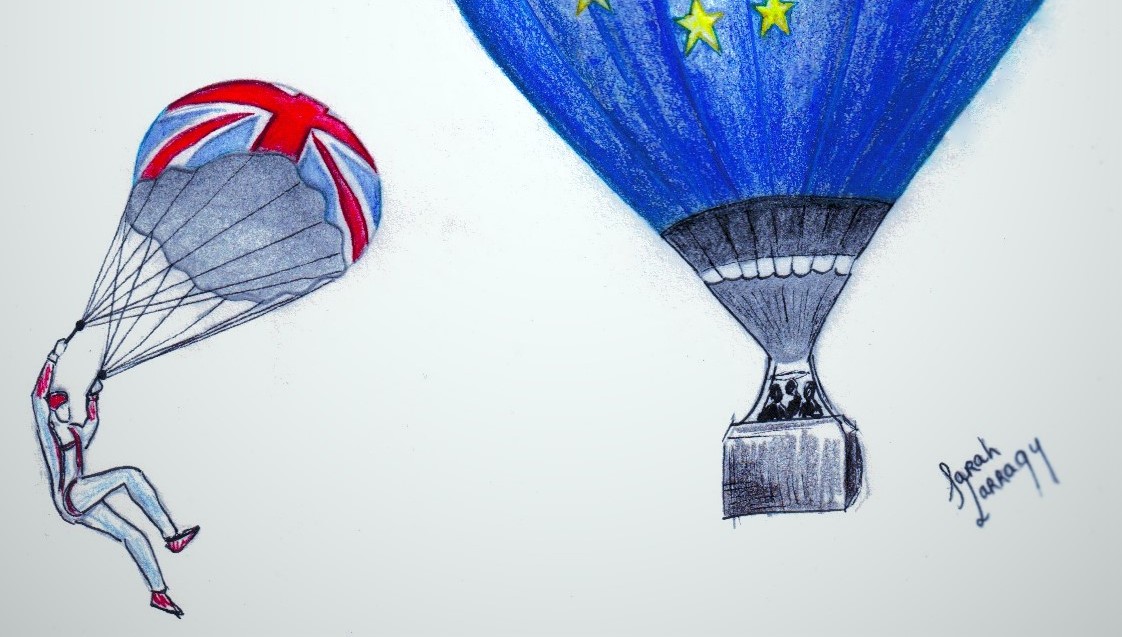The number of British students applying to Irish universities has fallen by 10% in 2016, according to The Irish Times. The decrease is in response to a potential rise in fees following the Brexit vote, as British students may be charged international student rates.
Similarly, the number of Irish students applying to UK third level institutions has decreased by 18% since the UK voted to leave the EU in June 2016. If Brexit negotiations fail to ensure an agreement between Britain and the EU, Irish students would be faced with paying international fees to study in the UK and vice versa.
An agreement will not be made between Ireland and the UK to arrange a specific deal for British and Irish students. The Irish Department of Education has said that negotiations will be made between all 27 EU member states and Britain.
Students from the UK and Northern Ireland studying in EU member states, who will begin their tuition in September 2017 or 2018, will not pay international fees.
Fees to study in Ireland are currently capped at €3,000 for students from EU member states. In Trinity, international fees for most undergraduate courses such as Law or Psychology total €18,223 for 2017/18, with fees in clinical courses like Dentistry and Medicine costing €39,263 annually.
The number of Northern Irish students studying in the Republic has increased by 2%. According to figures from the Higher Education Authority (HEA), 791 Northern Irish students studied in Ireland during 2015/16, accounting for 0.4% of all full-time students studying in Irish third level institutions.
The British Prime Minister Theresa May triggered Article 50 on March 29, which began the exit of Britain from the EU. Negotiations are currently underway to deal with issues such as trade agreements and education fee.







